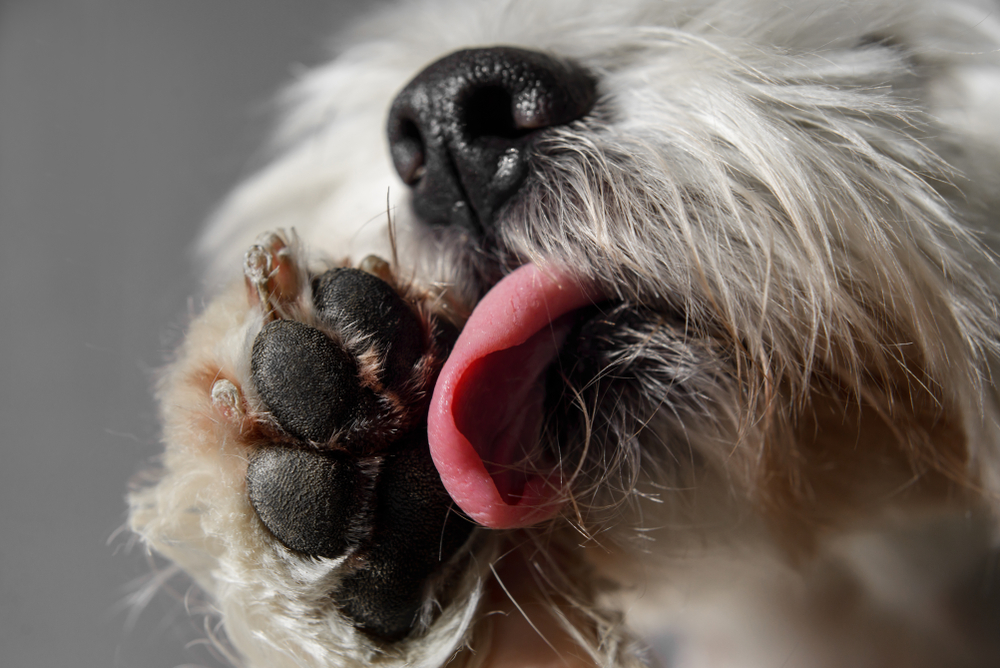It’s perfectly normal for dogs to occasionally lick or nibble at their paws. Most dog owners have likely noticed this behavior as a part of their pet’s grooming routine or a way to relieve minor irritations. However, when paw chewing becomes excessive or obsessive, it could be a sign of something more serious, such as allergies, injuries, or underlying health conditions. Ignoring this behavior might lead to further discomfort for your furry friend.
In this blog, we’ll delve into the various reasons why dogs chew their paws, from everyday causes to more serious concerns, and discuss what you can do to help ensure your dog stays happy and healthy.
Allergies
Food Allergies: Certain ingredients in a dog’s diet can trigger allergic reactions, leading to itchy paws.
Environmental Allergies: Pollen, dust mites, mold, or grass can cause irritation.
Infections
Yeast or Bacterial Infections: These often cause redness, swelling, or a bad odor.
Fungal Infections: Moisture trapped in paws can lead to fungal growth, particularly in humid climates.
Parasites
Fleas or Ticks: These pests can cause intense itching and discomfort.
Mites: Mange caused by mites can result in severe paw chewing.
Injuries or Foreign Objects
A splinter, thorn, or small cut might make your dog chew their paw to relieve pain.
Dry Skin
Harsh weather or frequent bathing can dry out a dog’s skin, causing itchy, flaky paws.
Behavioral Issues
Boredom: Lack of stimulation might lead your dog to chew their paws out of boredom.
Anxiety: Stress or separation anxiety can cause excessive paw licking and chewing as a self-soothing behavior.
Underlying Health Conditions
Arthritis or Pain: Dogs with joint pain might chew their paws to relieve discomfort.
Autoimmune Disorders: Some conditions can make the paws more sensitive or itchy.
Chemical Irritants
Lawn treatments, de-icing salts, or cleaning products can irritate a dog’s paws.
What to Do If Your Dog Chews Their Paws:
Inspect the Paws: Check for visible injuries, foreign objects, or signs of infection.
Clean Thoroughly: Wash their paws with warm water to remove irritants.
Consult Your Vet: If the behavior persists, a vet can identify the root cause and suggest treatments like antihistamines, medicated shampoos, or behavioral training.

